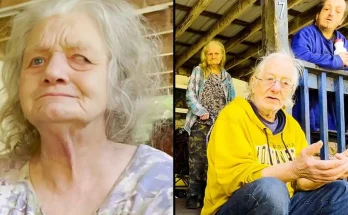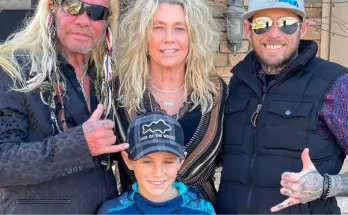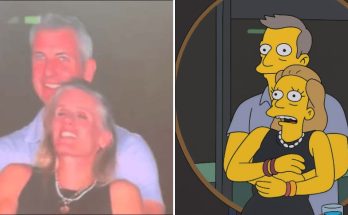“sexy older woman” has gained widespread appreciation, celebrating not just her physical appearance but her confidence, wisdom, and experience
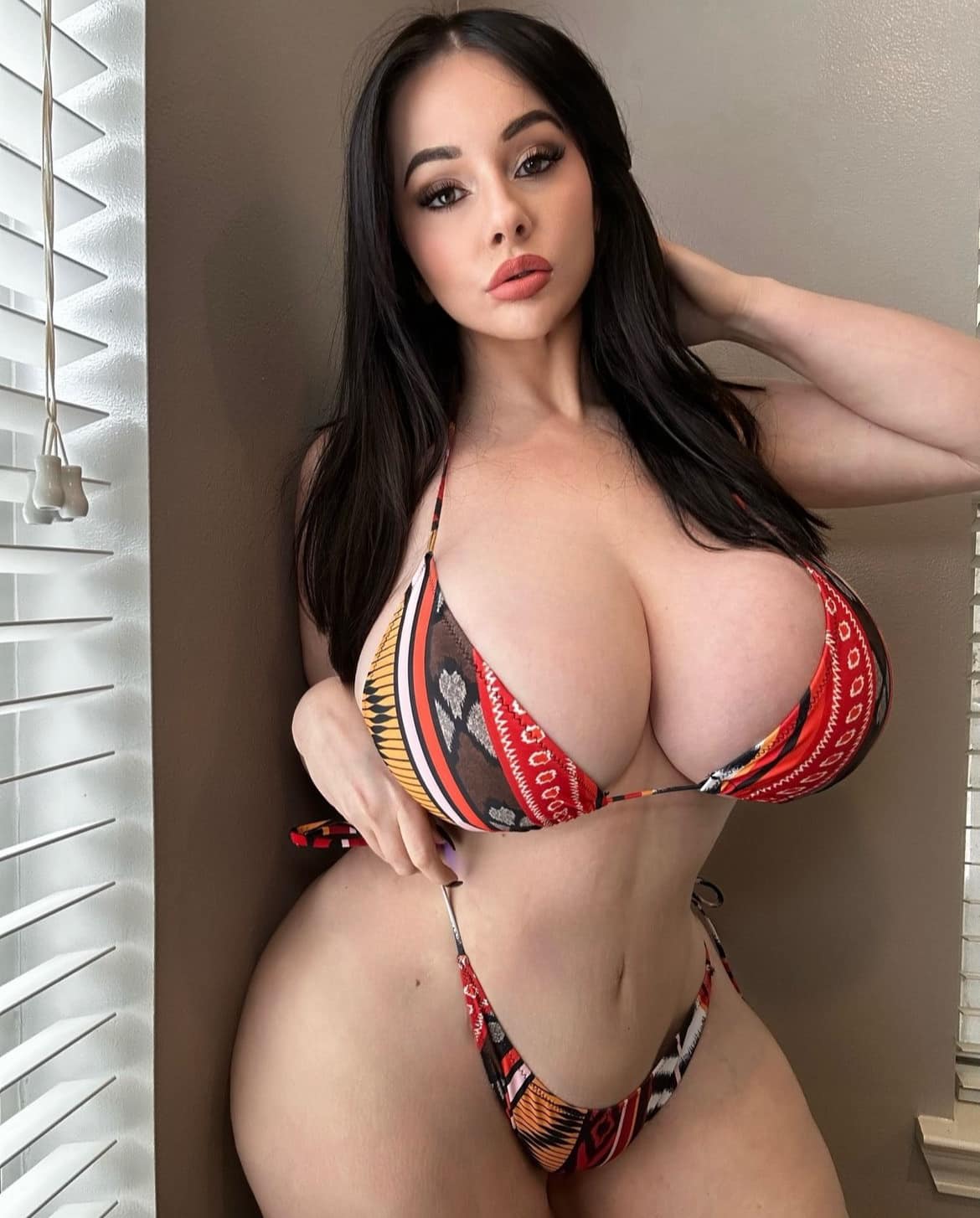

Historically, beauty standards have been narrow, often favoring women in their youth as the ideal of attractiveness. The media, fashion, and film industries were long dominated by images of young women, with smooth skin, youthful energy, and a certain naivety that was associated with femininity. This idealization of youth reflected cultural values that equated youth with fertility, vibrancy, and potential, often sidelining older women as invisible or irrelevant.
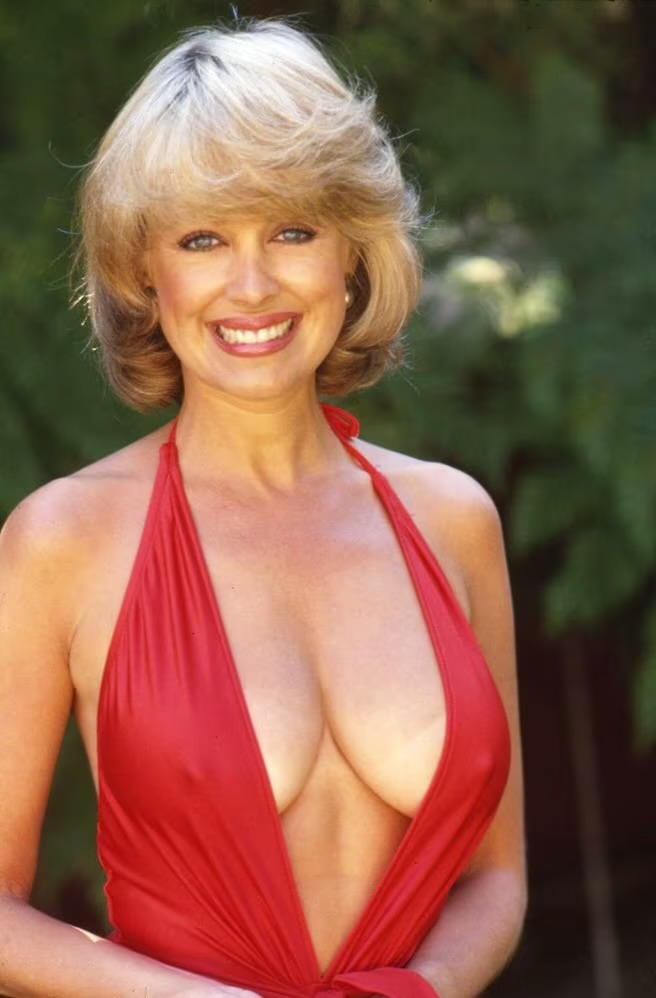
However, the tides began to shift as societal values evolved. In the latter half of the 20th century, movements for women’s rights, body positivity, and self-empowerment helped broaden the definition of beauty. With these cultural shifts came a newfound appreciation for the older woman, not as someone who has “passed her prime,” but as a woman who embodies grace, sensuality, and sophistication. As women increasingly took control of their own narratives, they began rejecting the idea that beauty diminishes with age.
As women age, they often become more comfortable in their own skin. They’ve navigated life’s challenges, developed a sense of resilience, and gained clarity about what they want from life. This self-assurance can manifest in the way they carry themselves, interact with others, and present themselves to the world. Confidence makes older women undeniably sexy because it is a magnet for those around them. People are drawn to individuals who are comfortable with who they are.
Hollywood has been gradually embracing this perspective, showcasing older actresses like Helen Mirren, Meryl Streep, and Jennifer Lopez—women in their 50s, 60s, and beyond who exude both grace and sensuality. These women are unapologetically themselves, and they continue to captivate audiences with their magnetism. Their allure stems not only from their physical appearance but also from their intelligence, wit, and the lives they’ve lived.
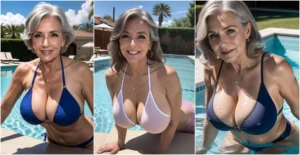
Another factor contributing to the sex appeal of older women is their ability to embrace natural beauty. The pressure to look “perfect” can weigh heavily on younger women, often leading to an overemphasis on cosmetics, plastic surgery, and maintaining unrealistic standards. While these pressures still exist, many older women have moved beyond the societal expectation to look flawless and instead focus on embracing their unique features.
Silver hair, laugh lines, and the natural contours of an aging face are increasingly seen as beautiful. In many cultures, age is synonymous with wisdom, and the lines on a woman’s face tell a story of her experiences, her joys, and her struggles. Rather than trying to erase these stories, more and more women are embracing them, and the world is beginning to recognize the beauty in this authenticity.
This move toward authenticity has also led to a cultural fascination with “anti-anti-aging” trends, where women are no longer striving to look younger but are instead striving to look and feel like the best versions of themselves at any age. Skincare routines focus on health and vitality rather than simply erasing wrinkles. Fashion celebrates the sophisticated elegance that comes with maturity. And overall, there is a greater acceptance of the idea that beauty is not synonymous with youth.
Beyond confidence and beauty, older women often have something else that enhances their sex appeal—experience. Life experience, emotional intelligence, and relationship wisdom are incredibly attractive qualities. Older women have typically had more time to explore their desires, understand their needs, and develop emotional maturity.
This experience also extends to the way older women approach intimacy and relationships. Older women often know what they want and are not afraid to communicate it. This clarity makes them more desirable partners, as they bring emotional intelligence and open communication to their relationships. Their sexual confidence comes from years of understanding their own bodies, desires, and boundaries, leading to more fulfilling connections with their partners.
In contrast, younger women, who may still be discovering themselves and their preferences, might lack this level of insight and assurance. For many people, this emotional and sexual intelligence makes older women far more attractive and exciting to be around. This dynamic brings a level of depth to relationships with older women that younger relationships may lack.
The media, once fixated on youthful beauty, has slowly begun to recognize the appeal of older women. In film, television, and advertising, older women are no longer relegated to playing roles of grandmothers or secondary characters. Instead, they are stepping into leading roles, commanding attention and admiration. This shift reflects a broader cultural acknowledgment of the appeal of the older woman and a rejection of ageist stereotypes.
Actresses like Angela Bassett, Viola Davis, and Sarah Jessica Parker have shattered the myth that women over 40 or 50 can’t be seen as sexy or desirable. These women have embraced their age while maintaining a sense of style, sensuality, and independence that resonates with audiences worldwide. Their presence in major film and television roles has contributed to the ongoing cultural redefinition of beauty.
The fashion industry has also begun to celebrate older women. In recent years, models over 50 like Carmen Dell’Orefice and Yasmina Rossi have walked the runways of major fashion houses, proving that elegance, sophistication, and sensuality have no age limit. The rise of social media has given older influencers a platform to showcase their unique style and perspectives, further eroding the idea that beauty fades with age.
The movement to embrace the sex appeal of older women also intersects with broader conversations about diversity in beauty standards. Women of color, who have historically been marginalized in mainstream definitions of beauty, are now at the forefront of this revolution. Older women from diverse racial and ethnic backgrounds are being celebrated for their unique beauty, helping to dismantle narrow beauty standards and expand the conversation to include women from all walks of life.
For example, women like Tracee Ellis Ross and Iman have redefined aging by embracing their natural hair, skin, and cultural heritage. They’ve become icons of beauty and power, showing that aging is not something to fear but something to embrace. This intersection of age and diversity has helped to create a more inclusive and representative beauty culture, where older women of all backgrounds can be celebrated for their uniqueness.
Another societal norm that has been challenged in recent years is the stigma surrounding age-gap relationships, especially when the woman is older than her partner. Once taboo, such relationships are now more common and accepted, with many people recognizing that emotional connection, mutual respect, and shared values are more important than the number of years between two partners.
The idea that an older woman dating a younger man is somehow “inappropriate” is fading. Celebrities like Priyanka Chopra and Nick Jonas, with a 10-year age gap, have shown the world that love and attraction are not bound by age. This shift is empowering older women to pursue relationships without worrying about societal judgments, further solidifying the idea that older women can be just as sexy, vibrant, and desirable as their younger counterparts.
Representation matters. When older women see themselves reflected in the media, on runways, and in leadership positions, it reinforces the message that they are valuable, desirable, and worthy of admiration. The growing visibility of older women in popular culture has played a key role in challenging ageist stereotypes and highlighting the beauty, intelligence, and sex appeal of older women.
Television shows like *Grace and Frankie* and movies like *Something’s Gotta Give* have placed older women in central roles, where their age is a source of strength and charm rather than a limitation. These stories celebrate the complexity of older women’s lives—their relationships, friendships, careers, and personal growth—and show that life after 50, 60, or 70 can be just as exciting and fulfilling as the years before.
The allure of the sexy older woman is not a trend—it’s a cultural shift that reflects a deeper understanding of beauty as something that evolves with age. Older women are now celebrated for their confidence, wisdom, authenticity, and unique life experiences, all of which contribute to their undeniable sex appeal.
As society continues to embrace a more inclusive definition of beauty, we are witnessing a transformation in how we view aging. No longer is youth the sole marker of attractiveness. Instead, women of all ages are being recognized for their individual beauty, sensuality, and power. The sexy older woman, with her confidence, experience, and self-assuredness, is here to stay, and she’s changing the way we think about beauty for the better.
